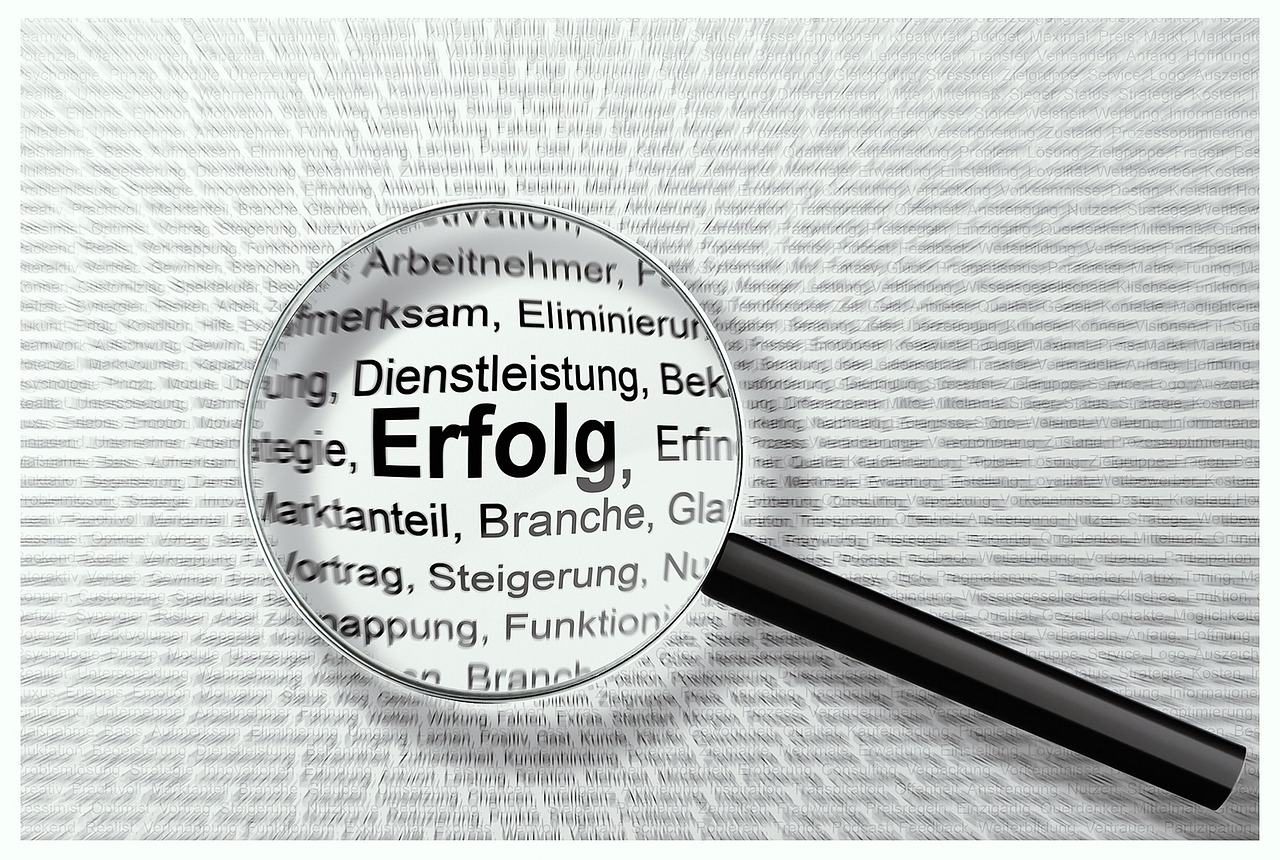Exploring the Influence of Economic Cycles on Business Performance
During economic cycles, businesses are significantly influenced by various key factors that can impact their performance. One crucial factor is consumer spending habits, which tend to fluctuate depending on the economic environment. During periods of economic downturn, consumers may cut back on their discretionary spending, affecting businesses that rely on consumer purchases. On the other hand, during economic upturns, consumer confidence and spending typically increase, providing opportunities for businesses to thrive.
Another essential factor that plays a pivotal role in business performance during economic cycles is market competition. In a challenging economic climate, businesses face increased competition as companies strive to maintain their market share. This competitive landscape can lead to pricing pressures and the need for businesses to differentiate themselves to attract and retain customers. Conversely, during economic booms, competition may intensify as the market expands, requiring businesses to adapt their strategies to stand out in a crowded marketplace.
How Economic Expansion Affects Business Growth
Economic expansion is a crucial driver of business growth as it typically signifies increased consumer spending and business investment opportunities. During periods of economic expansion, businesses often experience higher demand for their products or services, leading to an uptick in sales and revenue. This growth can also create a more favorable environment for companies to expand their operations, hire more employees, and invest in new technologies, further boosting their overall performance.
Moreover, economic expansion tends to improve market conditions, allowing businesses to access capital more easily and at lower costs. With a stronger economy, businesses may find it easier to secure financing for expansion projects or to take advantage of investment opportunities that can fuel their growth. Additionally, consumer confidence tends to rise during economic expansion, leading to increased purchasing power and a positive impact on businesses across various sectors.
The Role of Consumer Confidence in Business Success
Consumer confidence plays a significant role in influencing business success. When consumers are optimistic about the economy and their financial well-being, they are more willing to spend money on goods and services. This increased spending stimulates demand, which can lead to higher revenue and profitability for businesses.
Conversely, when consumer confidence is low, individuals tend to be more hesitant to make purchases, leading to decreased sales and revenue for businesses. This can have a cascading effect on the overall economy as businesses may be forced to cut costs, lay off employees, or even shut down. As such, understanding and monitoring consumer confidence levels is crucial for businesses to adapt their strategies and remain competitive in fluctuating market conditions.





